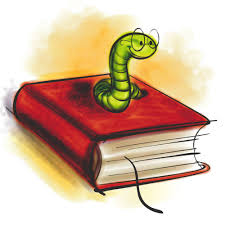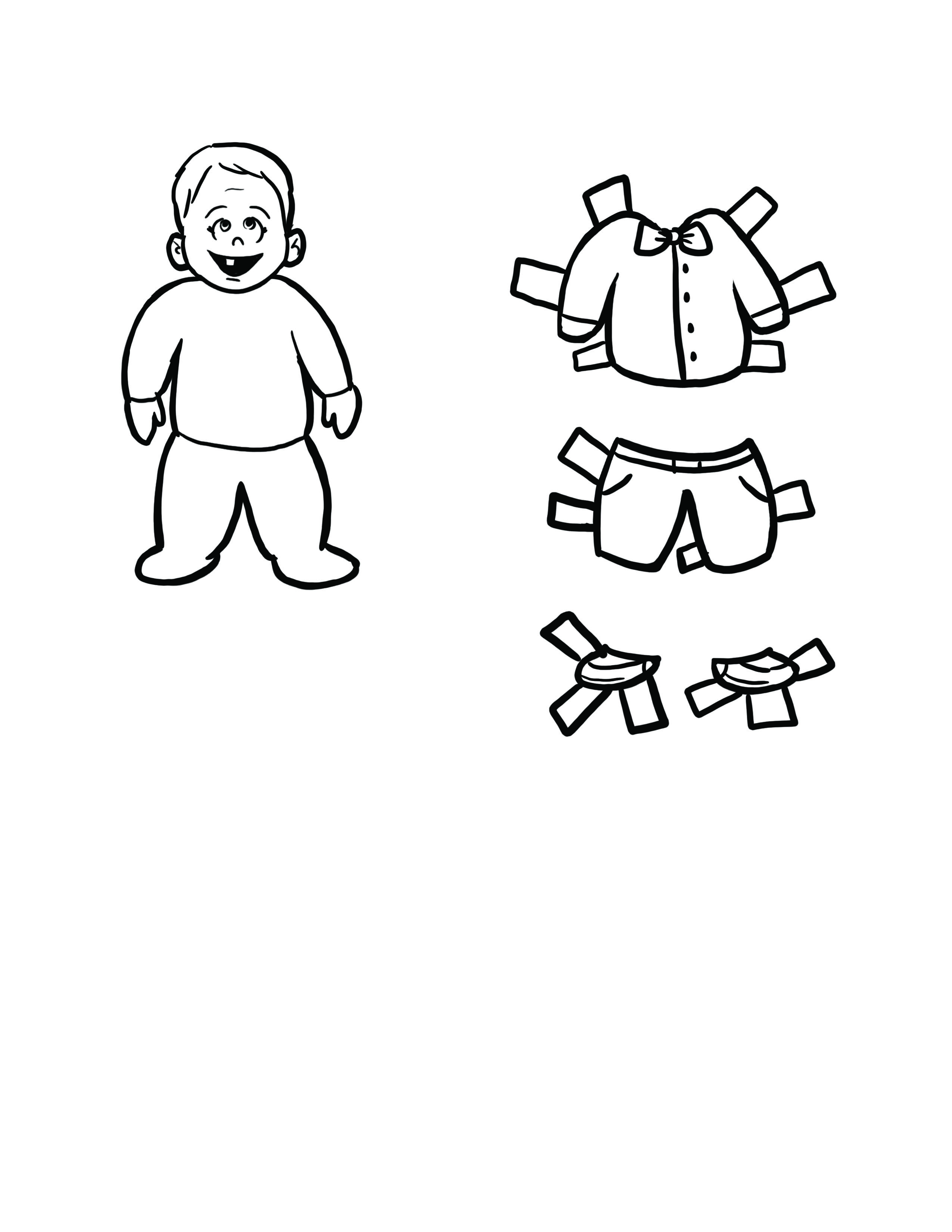As an accountant, I talk to a lot of people about their finances and the difficulty of covering their expenses, and I am often asked about what is the best way to obtain a car: new, used, or leased?
Cars are, without question, the most expensive consumer item – not counting houses and tuition, that is. Clearly, the smoothest way to buy a car is to buy one brand new. There is no worry about who owned it before or if it has problems that were covered up. It will certainly drive nicely (and have that new car smell). The only downside is that it is the most expensive option. Therefore, if one is trying to save money, he or she will buy a used car. You see, many people keep cars for three to ten years and then sell them, often back to the dealer in the form of a trade-in. The dealer then resells that car – hence, the enormous business of selling used cars. Here is how it works: The original owner trades in a car to a new car dealer. That means the car owner is selling the car to the dealer for, say, $5,000. The dealer then resells the car to a used car buyer for $10,000. In this example, $5,000 is the wholesale price, and $10,000 is the retail price.

















